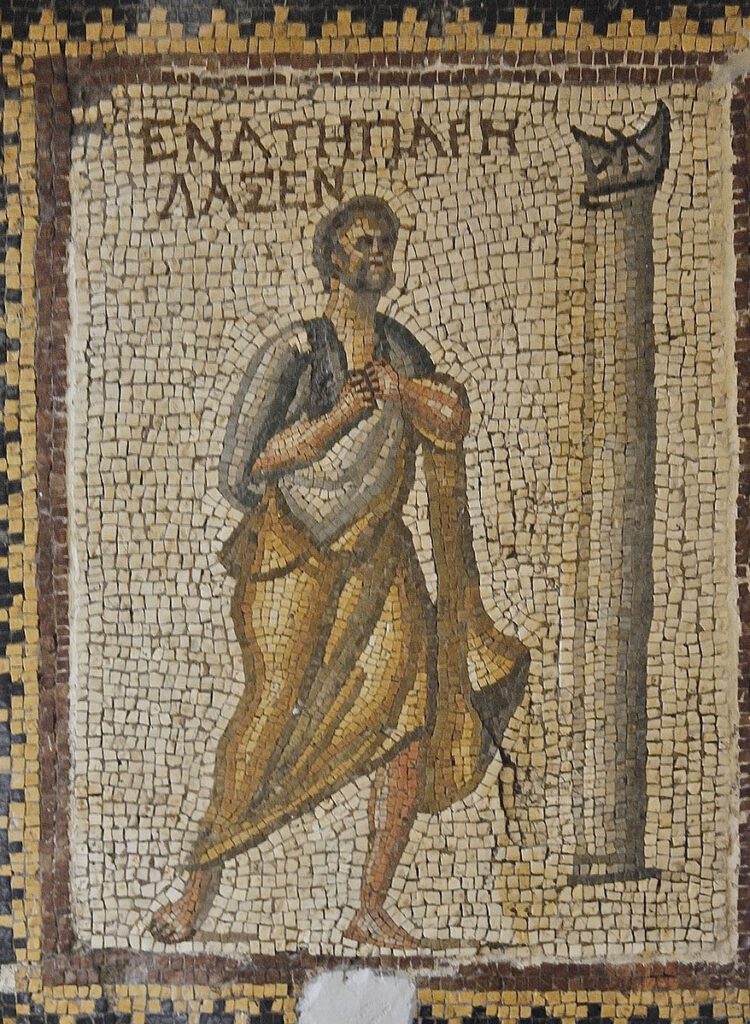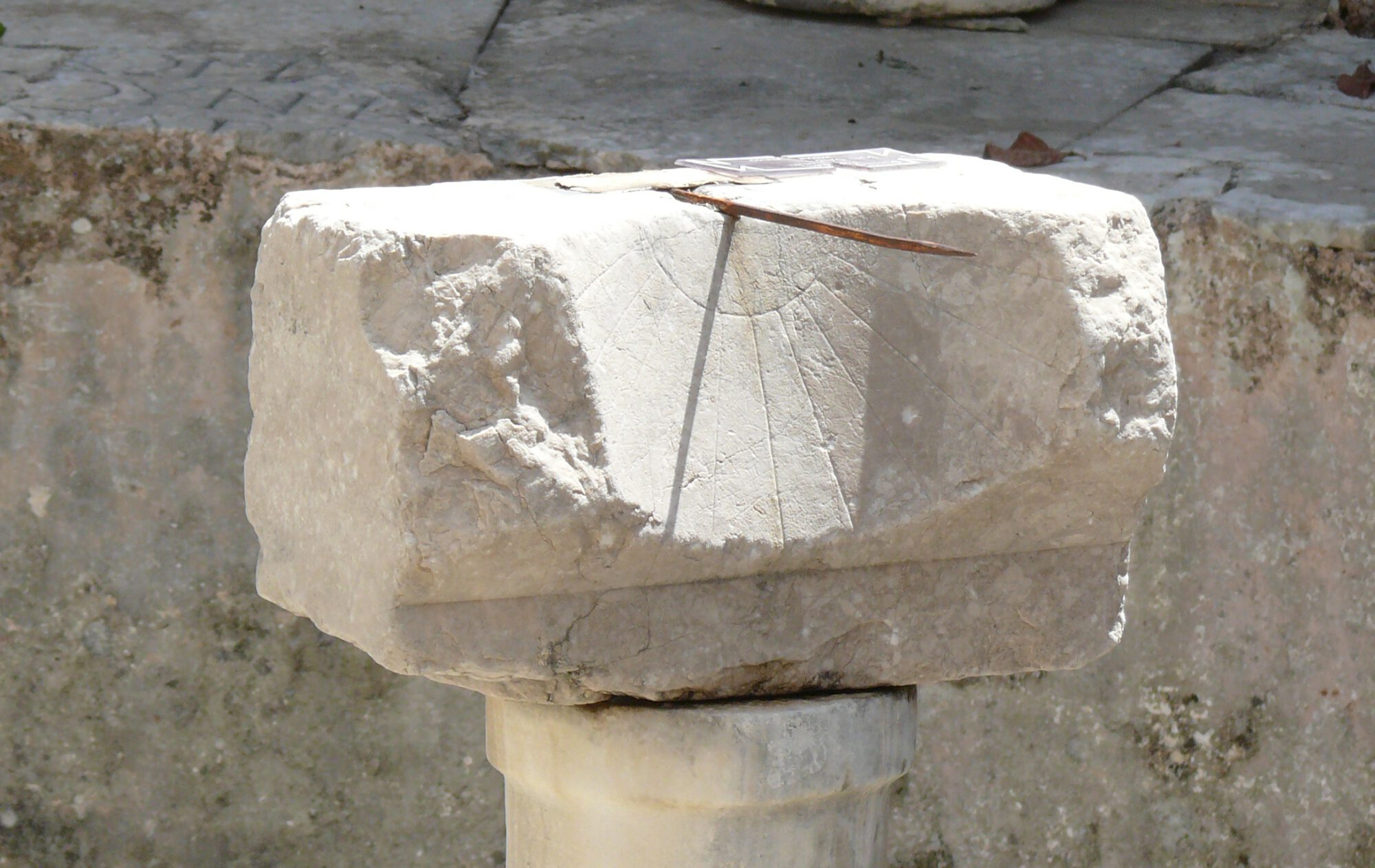Yesterday, 31 October, the project’s opening seminar took place, which focused on a selection of sources. Elsa Lucassen shared her ideas on the role of the Kalends in late antique Egyptian society. Renate Dekker then discussed how monks in the Thebaid seem to have developed the practice of naming weekdays after monastic practices. Eugenio Garosi highlighted the discrepancy in dating formulas used by the Arab government on the one hand and local administration on the other, and suggested ways of understanding this. Sofie Remijsen concluded the seminar with three sources about eating at the ninth hour and focused the discussion on how the actors in each text responded differently to existing customs about dinner time. Dr. Arietta Papaconstantinou (University of Reading) acted as respondent.
A fruitful workshop on daily life in Late Antiquity
On Friday October 21st 2022 Dr. Sofie Remijsen organised, together with Dr. Daniëlle Slootjes, the workshop titled “Daily Life in Changing Times. The Agency of Ordinary People in Late Antiquity”. It was a fruitful day with lively discussions about how to trace the agency and practices of non-elite groups and their role in Late Antique transformations. Dr. Lucinda Dirven (Radboud University) spoke about her research into lived religion in Late Antique Syria and Egypt. She was followed by Patricia Kret (Leiden University) who is currently investigating the daily practice of amulet use. After Dr. Sofie Remijsen’s talk on the Lived Time-project, Kay Boers (Utrecht University) told about his search for agency of ordinary people in Visigothic legal sources, and the challenge of well-defining ‘agency’ and ‘ordinary’. Dr. Miko Flohr (Leiden University) afterwards discussed the fate of tabernae in Late Anitquity. Did they blossom or dissappear? What does this teach us about economic acitivity on the Italian peninsula in this period? The day was concluded by Dr. Stijn Heeren (VU Amsterdam), who showed how archaeology helps gain a better understanding of the lives of the Germanic peoples in Northwestern Europe and their relationship with the Roman Empire.
The project has started!
The Lived Time project started in September 2022 with this team. We have started our work enthusiastically. Regular meetings provide the opportunity for sharing recent finds and discussing relevant topics. For upcoming events, see the calendar.

